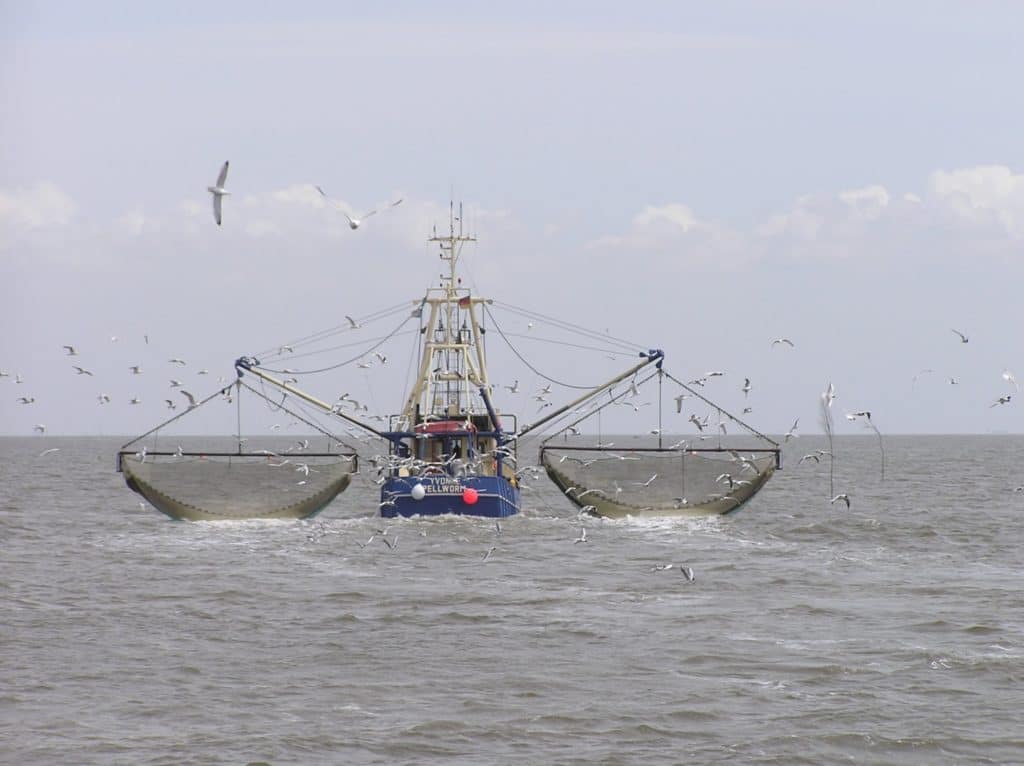After days of negotiations, the 164 countries clinched a deal aimed at reducing global overfishing by limiting harmful fisheries subsidies. Despite failing to address some of the biggest issues leading to the exploitation of the marine environment, conservationists believe the agreement could significantly improve the health of the world’s oceans.
—
After more than two decades of negotiations, members of the World Trade Organization (WTO) reached a breakthrough at the 12th Ministerial Conference in Geneva last week, securing a deal aimed at curbing fishing subsidies and reducing global overfishing.
The historic Fisheries Agreement introduces new rules to help preserve the world’s oceans, boost falling fishing stocks, and protect the countless communities around the world whose livelihoods depend on marine resources. The accord will see countries working together to ban subsidies to illegal, unreported and unregulated (IUU) fishing and restrict subsidies for stocks that are already overfished. Additionally, the text allows for subsidies as long as they are implemented to rebuild the fishing stock to a “biologically sustainable level” and it includes measures to enhance transparency and accountability of governments on how they subsidise the industry.
The unprecedented deal – the second multilateral agreement setting new global trading rules in the 27-year history of the WTO – marks the first significant step forward towards tackling overfishing, one of the biggest contemporary sustainable development challenges. Approximately 24% of marine fish stocks are already overexploited beyond sustainable levels and over the past 40 years, marine species have seen a decrease of nearly 40%. Illegal and unregulated fishing represents 12-28% of fishing worldwide – accounting for around 11 to 26 million tonnes of fish.
You Might Also Like: 15 Facts About Overfishing
Subsidies for fuel, fishing gear, and building new vessels, only incentivize overfishing and represent thus a huge problem. They often benefit large-scale fishing companies which indirectly encourage the use of fuel-intensive fishing and destructive fishing practices such as deep-sea trawling. Furthermore, researchers found that IUU fishing is sometimes related to more serious problems like human trafficking and slavery at sea.
However, while banning subsidies for overfished stocks, the deal does not go as far as halting subsidies that encourage overfishing. Indeed, the historic agreement is the result of many compromises among 164 WTO members and fails to address ‘capacity enhancing’ and ‘harmful’ subsidies – those that artificially increase profits by reducing the cost of fishing and thus lead to the exploitation of oceans. Every year, governments spend an estimated US$35 billion globally on fishing subsidies, $22 billion of which directly finance exactly these types of subsidies.
In a statement issued following the conclusion of the conference, UK’s International Trade Secretary Anne-Marie Trevelyan defended the agreement: despite “not going as far as members wanted” – she said – the deal “does go some way to delivering what our oceans need and all those that are dependent on them”.
Featured Image by: Wikimedia Commons


















